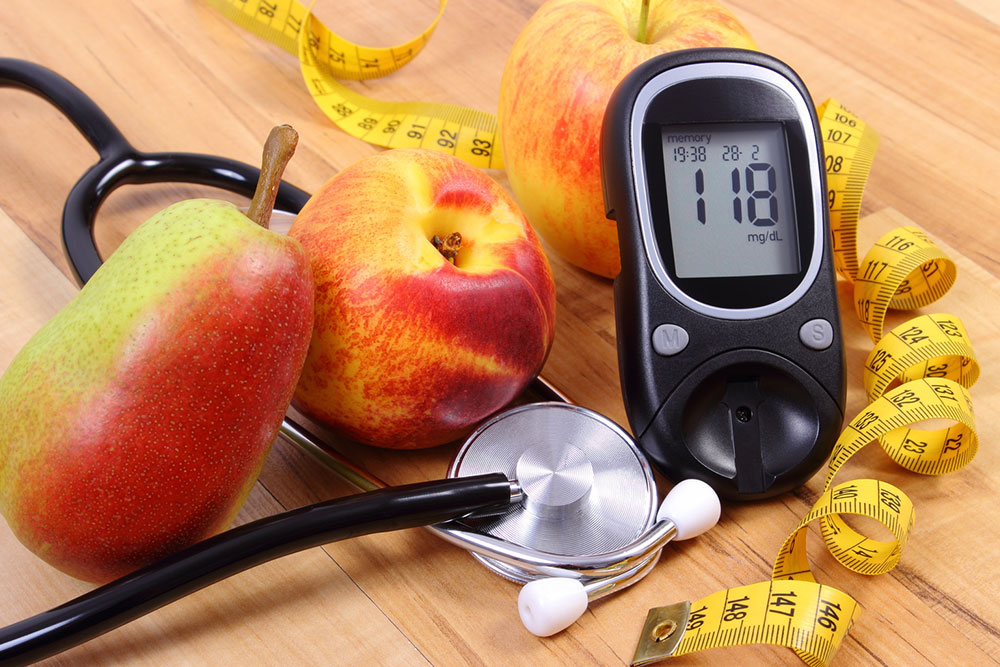
8 warning signs of kidney cancer
The kidneys are responsible for filtering and flushing out unhealthy liquid waste from the body. However, kidney cancer—a relatively uncommon but serious disease that might often go undetected until it reaches advanced stages—could disrupt this cleansing process. It could also lead to more severe complications. Recognizing the signs and symptoms of kidney cancer is vital for early diagnosis and treatment. This post explores the most common signs of kidney cancer. Blood in the urine (hematuria) While hematuria may have various causes, including urinary tract infections, kidney stones, or injury, it should never be ignored. Even a small amount of blood in the urine warrants immediate expert attention. Persistent back pain Persistent or chronic back pain, particularly in the area around the kidneys, could be a warning sign of kidney cancer. This pain may be dull and aching, sometimes mistaken for muscle strain. If back pain persists despite rest and usual treatments, one must consult a healthcare provider for evaluation. Fatigue Kidney cancer may lead to constant and debilitating fatigue. This persistent tiredness often interferes with one’s daily activities and might be an early indicator of the disease. A loss of appetite A sudden or persistent loss of appetite is another sign.
Read More 










